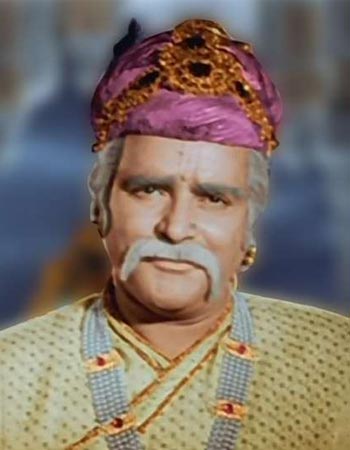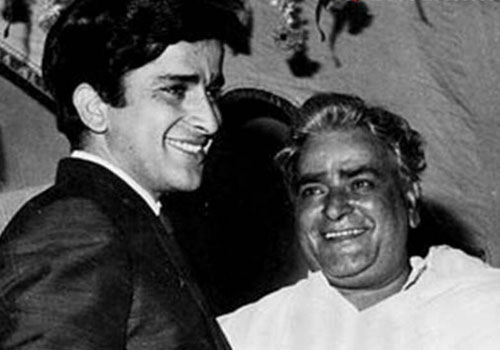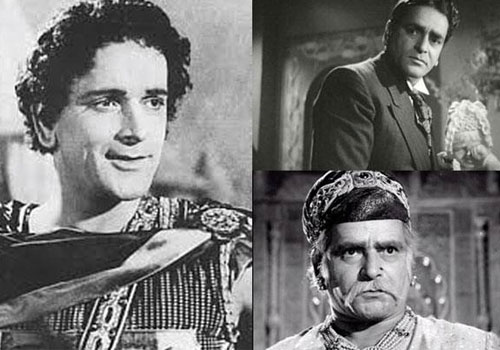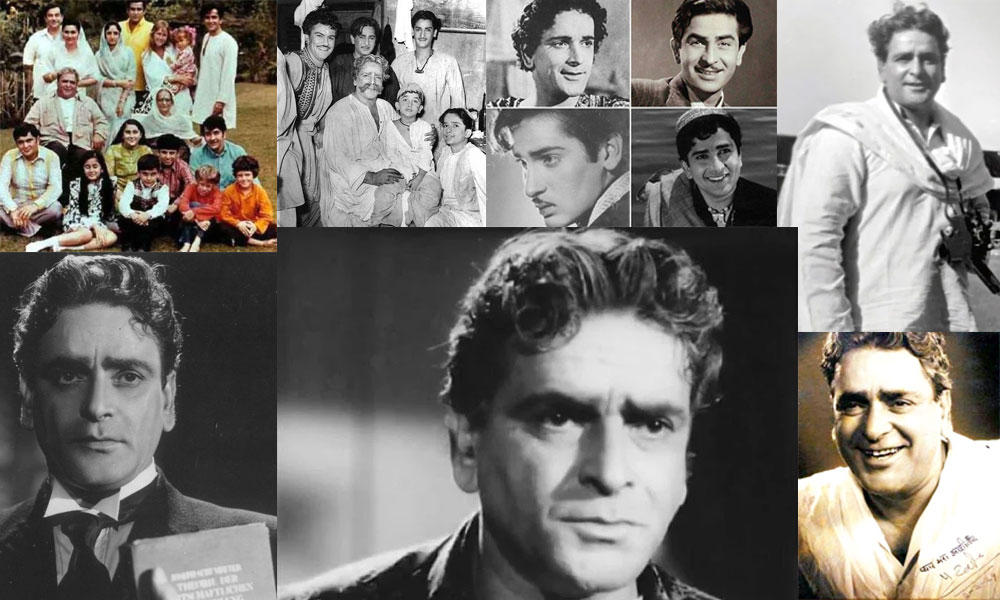Prithviraj Kapoor (पृथ्वीराज कपूर)

Prithviraj Kapoor was a legendary Indian actor and one of the founding figures of Hindi cinema. Born on November 3, 1906 in Samundri, Faislabad, Punjab, British India, Kapoor was the first generation of the Kapoor family to enter the world of cinema. His father, Basheshwarnath Kapoor, was a police officer, and his younger brother, Trilok Kapoor, was also a successful actor. Kapoor studied at Khalsa College in Lyallpur and Edwardes College in Peshawar.


In the 1920s and 1930s, Prithviraj Kapoor started his acting career by taking small roles in the theatres of Lyallpur and Peshawar. He moved to Bombay in 1928 to join the Imperial Films Company and take small movie roles. He made his film acting debut with "Be Dhari Talwar" and attained a lead role in his third film, "Cinema Girl" (1929). He was featured in over nine silent films, including the first talkie of Indian cinema, "Alam Ara" (1931). Over the course of his career, he worked in more than 50 movies, some of which are still remembered today, including Mughal-e-Azam, Maharathi Karna, Bidyapati, Anath Ashram, and Nanak Nam Jahaz Hai. He gained a reputation for being a skilled and versatile actor in both stage and screen productions.
Kapoor was a leading figure in the Indian theatre scene and a founder of the Prithvi Theatre, which produced over 2662 plays and featured Kapoor as the lead in every single show. The most popular play was "Pathan," which was performed over 600 times. The plays of Prithvi Theatre were highly influential and inspired young people to participate in the Indian Independence Movement and the Quit India Movement.
Over the next four decades, Kapoor gradually ceased his theatre activities and focused on occasional film offers, including those from his own sons. He acted alongside Raj Kapoor in Awara (1951) and merged Prithvi Theatre with the Indian Shakespeare Theatre Company, "Shakespeareana." On November 5, 1978, the Prithvi Theatre was also established in Mumbai.

Kapoor's performances were critically acclaimed and earned him several awards and accolades, including the Padma Bhushan, one of India's highest civilian honors. He was also posthumously awarded the Dadasaheb Phalke Award, the highest accolade in Indian cinema. He was elected to the Rajya Sabha for a nine-year term and won multiple Sangeet Natak Akademi Awards.
In conclusion, Prithviraj Kapoor was a pioneering figure in Indian theatre and cinema. His talent, hard work, and dedication to his craft made him one of the greatest actors in Indian cinema, and his contributions to the industry continue to be remembered and celebrated. His activism and commitment to social justice also make him a respected and admired figure in Indian history. Arora-Khatri team thanks him for his contributions.
Leave Your Suggestion